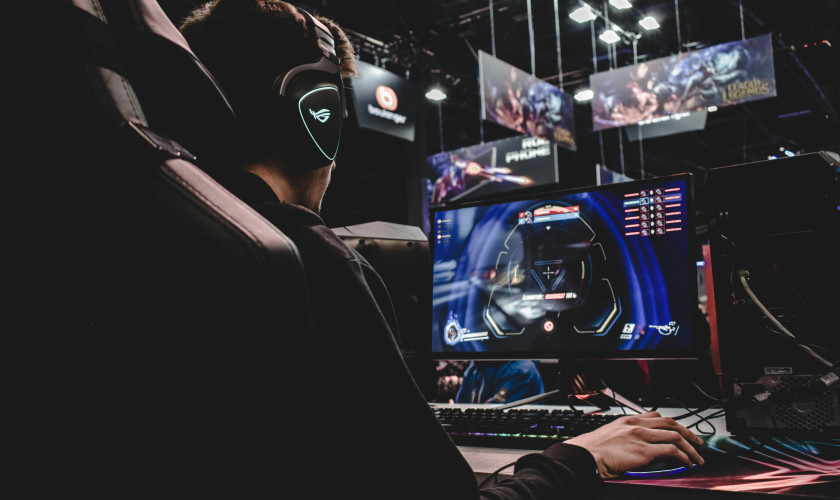Research has shown that playing action video games promotes enhanced attentional control. Understanding the game mechanics underlying such improvements will provide crucial pointers to purposefully develop effective cognitive training paradigms. In this vein, it has been proposed that no single game feature is responsible for the beneficial effects, but instead the positive outcomes derive from a combination of three components: fast-paced decision-making, load on divided attention, and timely shifts to focused attention. As an initial test of this idea, we designed a game with four different versions, three loading on each of the above components in isolation and one combining them. This project offers students the opportunity to gain experience in running online experiments, specifically using an intervention paradigm in which participants complete several attentional assessments before and after training on one version of our game.
In this context, the students will have the opportunity to broaden their knowledge in the field of cognitive psychology. They will familiarize with the study design and how to run experiment online, be responsible for the follow-up of participants during the whole protocol, analyze some results and write their report.
- The project runs from 30 August 2025 - 20 December 2025
- Number of placements available: 2
Prerequisites
- High level undergraduate student.
- Minimum GPA 3.4
- Interest in experimental psychology, system neuroscience, human behavior and video game design.
- Knowledge of some of these fields of study needed.
Faculty Department
Faculty of Educational Sciences and Psychology / Brain and Learning lab
A distinctive feature of the human brain is its capacity to learn and adapt to an ever-changing environment. What are the factors that promote such learning and brain plasticity? Are some parts of our nervous system more plastic than others, making some skills easier to acquire? Answers to these questions are central to basic science, education, clinical rehabilitation, and aging. To address these questions, our lab uses a multidisciplinary approach (behavior, brain imaging, eye tracking, vital statistics) to study how individuals learn and adapt after training. The lab is studying the impact of video games and more generally technology use on brain plasticity.

